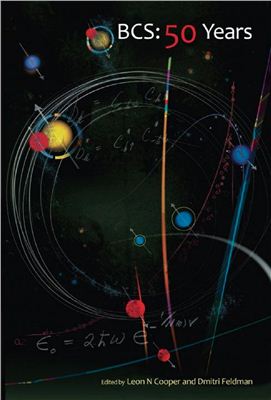World Scientific Publishing Company, 2011, 575 pages
The BCS theory of superconductivity developed in 1957 by Bardeen, Cooper and Schrieffer has been remarkably successful in explaining the properties of superconductors. In addition, concepts from BCS have been incorporated into diverse fields of physics, from nuclear physics and dense quark matter to the current standard model. Practical applications include SQUIDs, magnetic resonance imaging, superconducting electronics and the transmission of electricity. This invaluable book is a compilation of both a historical account and a discussion of the current state of theory and experiment.
With contributions from many prominent scientists, it aims to introduce students and researchers to the origins, the impact and the current state of the BCS theory.
The BCS theory of superconductivity developed in 1957 by Bardeen, Cooper and Schrieffer has been remarkably successful in explaining the properties of superconductors. In addition, concepts from BCS have been incorporated into diverse fields of physics, from nuclear physics and dense quark matter to the current standard model. Practical applications include SQUIDs, magnetic resonance imaging, superconducting electronics and the transmission of electricity. This invaluable book is a compilation of both a historical account and a discussion of the current state of theory and experiment.
With contributions from many prominent scientists, it aims to introduce students and researchers to the origins, the impact and the current state of the BCS theory.

